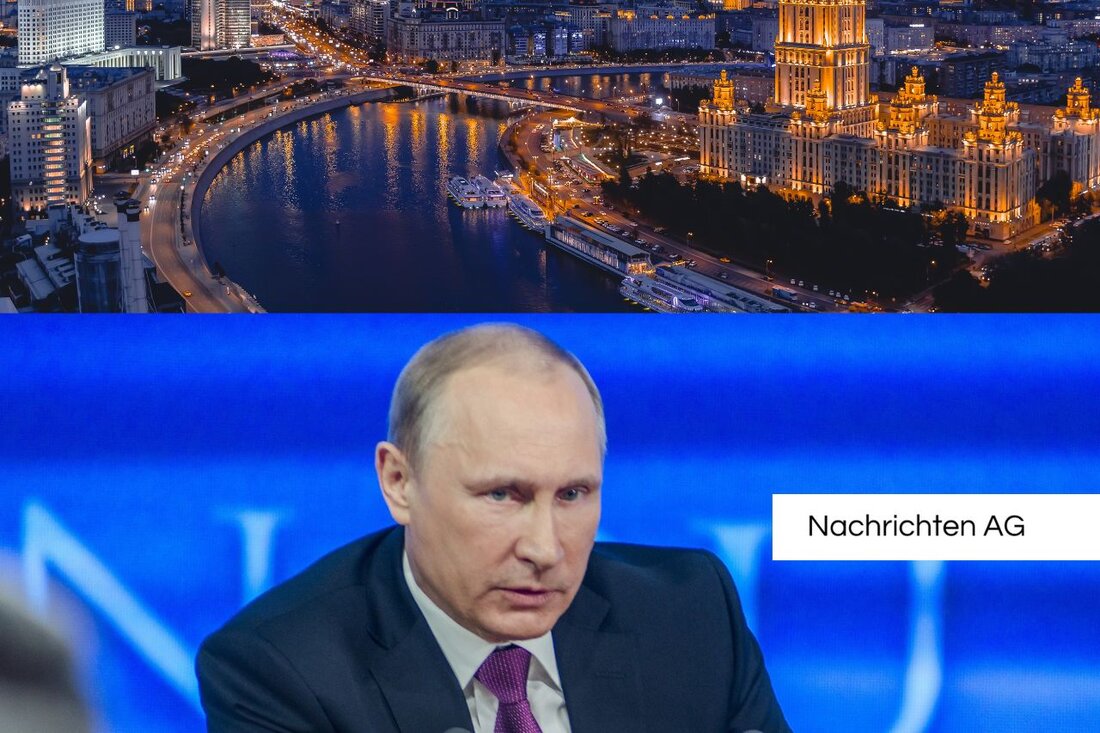Lenin monument in Schwerin: cultural heritage or controversy?
Discussion about the Lenin Monument in Schwerin: The monument is planned to be registered because of its historical value and roots in the GDR.

Lenin monument in Schwerin: cultural heritage or controversy?
In today's world, when historical monuments are often hotly debated, the Lenin Monument in Schwerin, Wuppertal's twin city, is at the forefront of the debate. As the WZ reports, the monument, which is located on the Großer Dreesch, is proposed by the State Office for Culture and Monument Preservation for entry in the list of monuments. Over the years, the monument has transformed from a symbol of SED rule to a memorial to a fallen state, which has given it great historical value.
What makes this monument so special? It is considered the last remaining monument of its kind in public space and therefore embodies a unique piece of GDR history. The scientific justification for its inclusion in the list of monuments is supported not only by the history of the monument, but also by the political significance of its figure, Vladimir Lenin.
Who was Lenin?
Vladimir Ilyich Ulyanov, better known as Lenin, was born on April 22, 1870 in Simbirsk, Russia and died on January 21, 1924. As the first head of government of Soviet Russia and later the Soviet Union, he shaped history like no other. Lenin was the founder of the Bolsheviks and led the October Revolution, which established the first communist form of government. His government initiated numerous changes, including the nationalization of industries and the abolition of private land ownership. These radical measures, as well as the civil war that followed, made him a colorful figure in world history.
However, Lenin remains a controversial figure. Although his ideology, which developed Marxism into Leninism, received worldwide attention, his legacy remains controversial. Some see him as a revolutionary leader, others as a tyrant. These different perspectives are also reflected in the debates about monuments and their importance for society.
Future of the monument in Schwerin
The Lenin Monument's potential entry into the list of monuments is further evidence of the changing perception of memorials, which are now highly valued in both public and private discussions. The proposed protection could consolidate the monument as an important part of the GDR's culture of remembrance and free it from its previous connotations.
In summary, it can be said that the discussion about the Lenin Monument in Schwerin not only encompasses the history of a monument, but also an examination of one's own identity and the historical responsibility that goes along with such symbols. While opinions vary, the question of how our society wants to deal with such historical figures remains relevant.

 Suche
Suche
 Mein Konto
Mein Konto